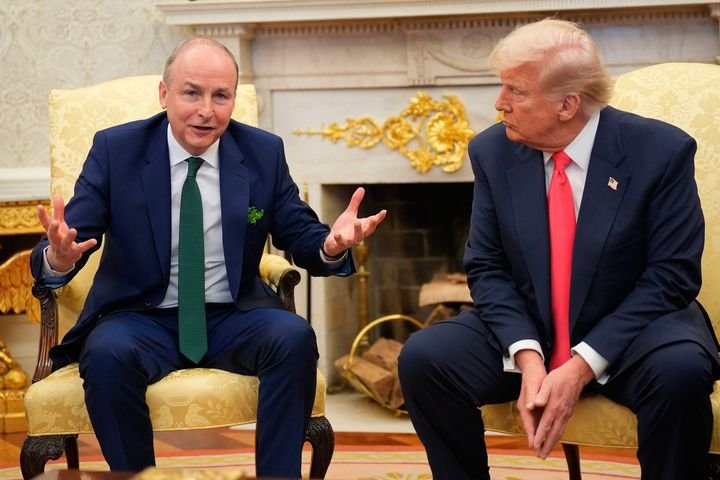New video seems to challenge singer’s claim of antisemitism at German hotel

New footage published by the German newspaper Bild raised questions Sunday about an Israeli-German musician’s claim that he was refused service at a hotel for wearing a Star of David necklace.
In security footage from the hotel in Leipzig, the necklace does not appear to be visible around Gil Ofarim’s neck.
Ofarim posted a video to social media earlier this month, in which he accused the Westin Leipzig hotel of denying him service because he was wearing a Star of David necklace. The video, which he titled “Antisemitism in Germany 2021” in all capital letters, went viral, with antisemitism watchdogs and others sharing it widely.
“I am speechless,” Ofarim said in the video, in which he can be seen clearly wearing the Star of David pendant.
German media outlets, however, reported Sunday that police have “serious doubts” about Ofarim’s account and that surveillance footage from the hotel appears to shows he did not have a Star of David around his neck when he tried to check into the hotel.
Additionally, the Bild newspaper reported that while giving a statement to police, Ofarim stated that he did not remember whether he was wearing the Star of David chain at the time, even though in his Instagram video he claimed he was.
Der Musiker Gil Ofarim (vorbestraft wegen Körperverletzung) hat sich die ganze Geschichte über einen antisemitischen Rauswurf wegen seines Davidsterns offenbar nur ausgedacht. Auf einem Überwachungsvideo ist zu sehen, dass er diesen im Hotel überhaupt nicht getragen hat. pic.twitter.com/DA0Jzujhge
— Gegenmeinung ???????? (@GegenmeinungX) October 16, 2021
After waiting in line to check in, Ofarim said he asked why others who arrived after he had were admitted before he was. According to Ofarim, another customer replied telling him to “take off the star.” At least one employee then told Ofarim that he needed to remove the pendant to get service, the singer said.
The employee, described by Ofarim as the “manager at the check-in counter,” and whom he identified only as “Mr. W.,” said to him: “Put away your star [of David.]”
Ofarim, who appeared visibly distraught, said he has been wearing the star his “whole life.”
At least 600 people, some of them carrying signs with a Star of David and the Muslim crescent, showed up at the hotel that night, Leipziger Zeitung reported. The protesters accused the hotel staff of antisemitism.
A spokesperson for Westin Leipzig, which is of the Marriott multinational company, at the time told DPA, a German publication, that the hotel was “deeply concer
!–>
Read More
Be the first to write a comment.



